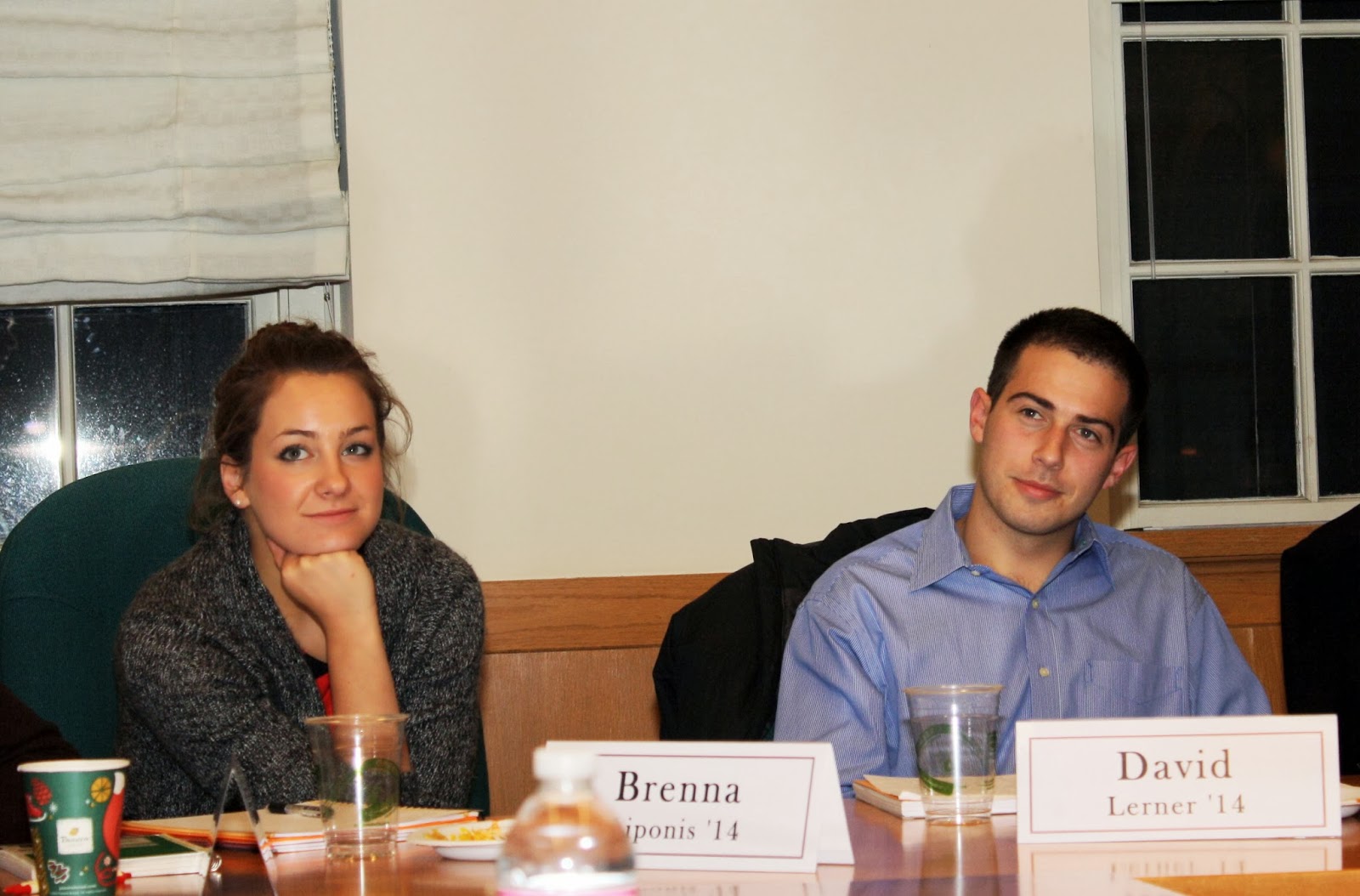- Public Policy
- Leadership
- Funding
- News & Events
- About the Center
Back to Top Nav
Back to Top Nav
Back to Top Nav
Back to Top Nav

To kick off the winter term, the Rockefeller Leadership Fellows had the pleasure of welcoming Professor Samwick to come speak to us about an interesting phenomenon known as the “curse of natural resources.” Prior to the session, the students read over several articles describing this phenomenon in action around the world and learned about how mineral and oil wealth have been historically associated with lower GDP growth and greater inequality. To start the session, Professor Samwick asked us to ponder why such a paradox occurs and how poor leadership contributes to the problem. Among the reasons brought up were corruption, civil society indifference, conflict, and loss of sovereignty, all pertaining to a macro level of understanding the “curse.” Professor Samwick then highlighted key factors that have driven economic growth in countries without the crutch of easy resource exports, which include investment in education, innovation in technology, and the fortification of strong institutions.
From here on out, the discussion began driving home ideas that are very relevant to how America, and even Dartmouth, functions on a daily basis. We need to consider what are the things that come easy to us, and how do they discourage us from pursuing more challenging opportunities with different long-term rewards? Ultimately, “wealth under the ground” can be a symbol of pre-endowed resources of any kind, which with regards to the US could be its strategic geographical advantage and its stable Constitution. When confronted with an abundance of inherent resources, it is then up to leaders to resist the curse by investing the wealth rather than spending it for personal gain. Moving from the country level to the institutional level, the Fellows discussed all sorts of examples of how societal organizations could better utilize their physical, monetary, and political capital. The most-discussed examples were of Dartmouth’s Greek system, the US prison system, and the US healthcare system.
Finally, Professor Samwick brought the intellectual conversation even closer to home by showing that the lessons learned at the higher-up levels could be applied on a personal level. From the experiences shared by Professor Samwick and several students, all of the Fellows were able to walk away from the session with a keen awareness of how resources cannot be taken for granted and how they play a big role in influencing personal development and policy directions.